Does anyone know how to perform unit testing on app extension target, especially keyboard extension target?
What have I tried (in the unit test target):
- In the "General" tap, set it's target to the extension target instead of the container app.
- Set the "Bundle Loader" to the path of the binary of the extension target, which looks like
$(BUILT_PRODUCTS_DIR)/com.mycompany.keyboard.appex/com.mycompany.keyboard - Set the "Test Host" to
$(BUNDLE_LOADER). - In the "Build Phases" tap, set the "Target Dependencies" to both the container app and the extension.
After these things done, I can build it successfully but always get "Test Failed" with an log Test target SogouInputTests encountered an error (Test session exited(1). without checking in. If you believe this error represents a bug, please attach the log file at /tmp/TestStatus-UXfvxw.log).
I'm using Xcode 6 beta 3.
